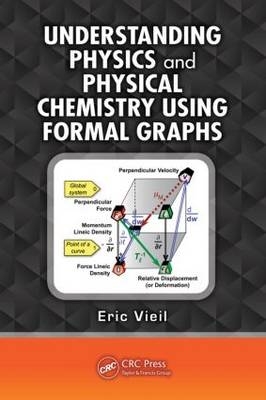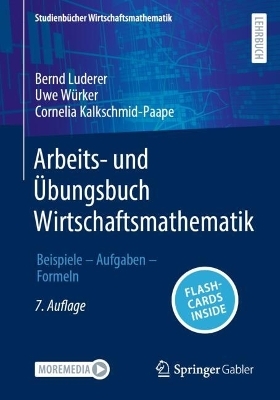
Understanding Physics and Physical Chemistry Using Formal Graphs
Seiten
2012
Crc Press Inc (Verlag)
978-1-4200-8612-6 (ISBN)
Crc Press Inc (Verlag)
978-1-4200-8612-6 (ISBN)
The subject of this book is truly original. By encoding of algebraic equations into graphs—originally a purely pedagogical technique—the exploration of physics and physical chemistry reveals common pictures through all disciplines. The hidden structure of the scientific formalism that appears is a source of astonishment and provides efficient simplifications of the representation of physical laws.
Understanding Physics and Physical Chemistry Using Formal Graphs is organized according to the structures emerging from formal graphs, from simple to elaborate, providing after each series of case studies the theoretical elements necessary for understanding their common features. More than 80 case studies are tackled in domains ranging from translational mechanics to Newtonian gravitation to chemical reactions.
With the help of this new tool, the modeling of physical phenomena becomes a fascinating cross-disciplinary exploration. The graphs encourage a visual, unified comprehension of the relationships between physical concepts and variables, properties, and operators. Out-of-the-box and thought provoking, this book inspires lively discussions and fruitful thinking about the connections between mechanics, chemical reactivity, electrodynamics, thermodynamics, and more.
Understanding Physics and Physical Chemistry Using Formal Graphs is organized according to the structures emerging from formal graphs, from simple to elaborate, providing after each series of case studies the theoretical elements necessary for understanding their common features. More than 80 case studies are tackled in domains ranging from translational mechanics to Newtonian gravitation to chemical reactions.
With the help of this new tool, the modeling of physical phenomena becomes a fascinating cross-disciplinary exploration. The graphs encourage a visual, unified comprehension of the relationships between physical concepts and variables, properties, and operators. Out-of-the-box and thought provoking, this book inspires lively discussions and fruitful thinking about the connections between mechanics, chemical reactivity, electrodynamics, thermodynamics, and more.
Dr. Eric Vieil is a researcher in physical chemistry at the French Atomic Energy Agency (CEA) in Grenoble, France. He is a specialist with more than 80 publications in theoretical and experimental studies on the electrochemical mechanisms of conducting materials.
Introduction. Nodes of Graphs. Links and Organization. Poles. Space Distributed Poles. Dipoles. Influence between Poles. Multipoles. Dipole Assemblies. Transfers. Assemblies and Dissipation. Coupling between Energy Varieties. Multiple Couplings. Conclusion and Perspectives. Appendices. References. Index.
| Erscheint lt. Verlag | 30.3.2012 |
|---|---|
| Zusatzinfo | 226 Tables, black and white; 680 Illustrations, black and white |
| Verlagsort | Bosa Roca |
| Sprache | englisch |
| Maße | 178 x 254 mm |
| Gewicht | 1678 g |
| Themenwelt | Mathematik / Informatik ► Mathematik ► Angewandte Mathematik |
| Mathematik / Informatik ► Mathematik ► Graphentheorie | |
| Naturwissenschaften ► Chemie ► Physikalische Chemie | |
| Naturwissenschaften ► Physik / Astronomie | |
| ISBN-10 | 1-4200-8612-X / 142008612X |
| ISBN-13 | 978-1-4200-8612-6 / 9781420086126 |
| Zustand | Neuware |
| Haben Sie eine Frage zum Produkt? |
Mehr entdecken
aus dem Bereich
aus dem Bereich
Anwendungen und Theorie von Funktionen, Distributionen und Tensoren
Buch | Softcover (2023)
De Gruyter Oldenbourg (Verlag)
CHF 97,90
Beispiele, Aufgaben, Formeln
Buch | Softcover (2024)
Springer Gabler (Verlag)
CHF 55,95


